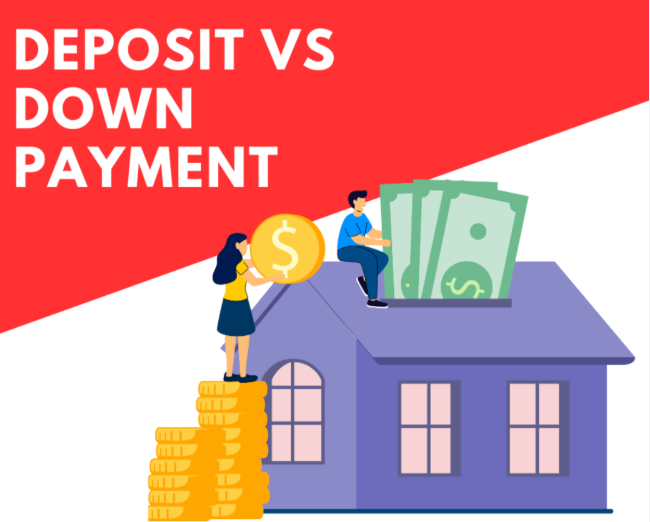
When navigating the Vancouver real estate market, two important terms you’ll encounter are deposit and down payment. While both involve money and play a crucial role in the home-buying process, they serve distinct purposes. Understanding the difference can help you better prepare for your property purchase in Vancouver.
Purchase Price – Mortgage Loan Amount = Down Payment
The Deposit
The deposit is the money provided when making an offer on a property, demonstrating your commitment to the purchase. It should be readily available when you start viewing homes and writing offers.- How it Works: The deposit is typically a bank draft made out to your agent’s brokerage "In Trust" (e.g., RE/MAX Crest Realty, In Trust).
- When It’s Paid: Most contracts require the deposit upon or within 24 hours of subject removal. If subjects aren’t removed, the deposit isn’t required.
- Purpose: The deposit protects the seller if the buyer backs out without a valid reason and strengthens your offer in a competitive market.
The Down Payment
The down payment is the total amount of money a buyer contributes upfront to purchase the property, bridging the gap between the purchase price and the mortgage loan.- Purpose: It’s your financial stake in the property, influencing your mortgage loan amount and terms.
- Requirements in BC:
- For properties under $500,000, the minimum down payment is 5%.
- For properties between $500,000 and $1,000,000, it’s 5% on the first $500,000 and 10% on the remaining amount.
- For properties over $1,000,000, a minimum of 20% is required.
Purchase Price – Mortgage Loan Amount = Down Payment
Key Differences
- Deposit: Demonstrates buyer commitment and protects the seller. It’s due at the offer stage and is typically around 5% of the purchase price in Vancouver.
- Down Payment: The buyer’s financial contribution toward the property’s purchase, calculated based on lender requirements and the property’s value.